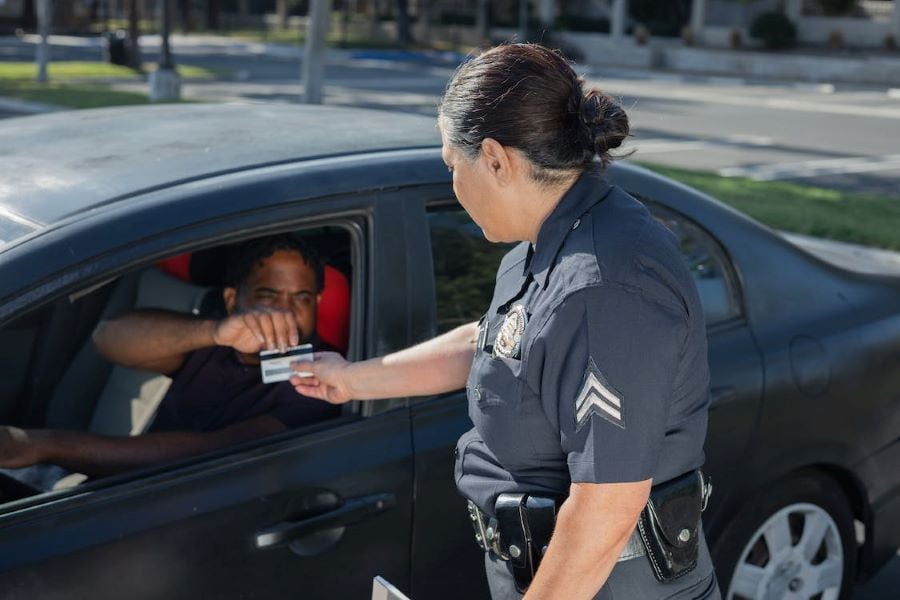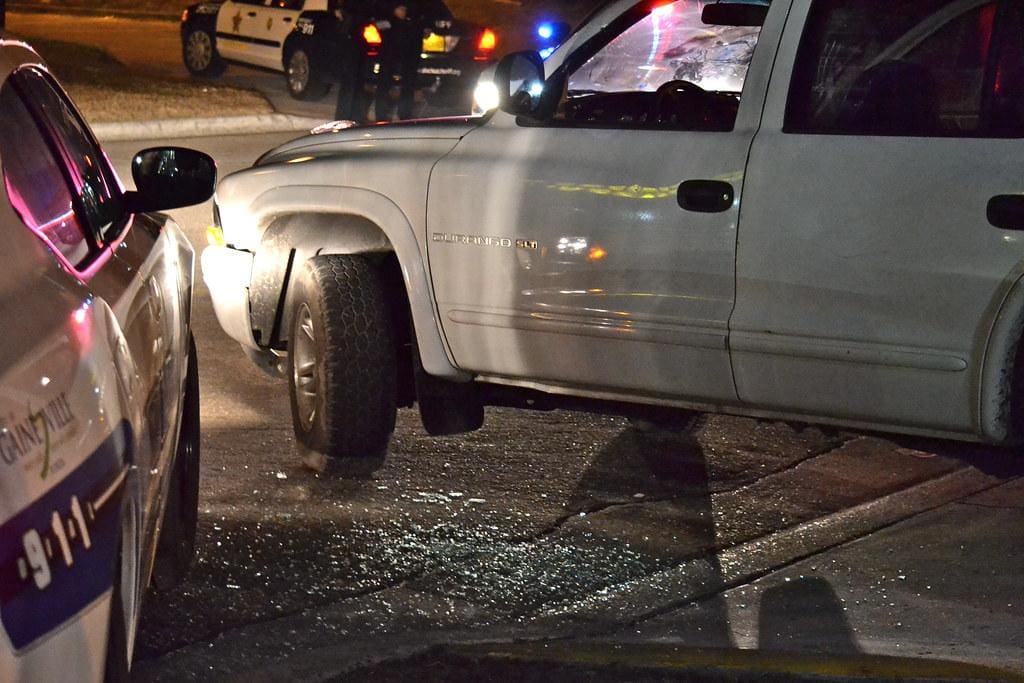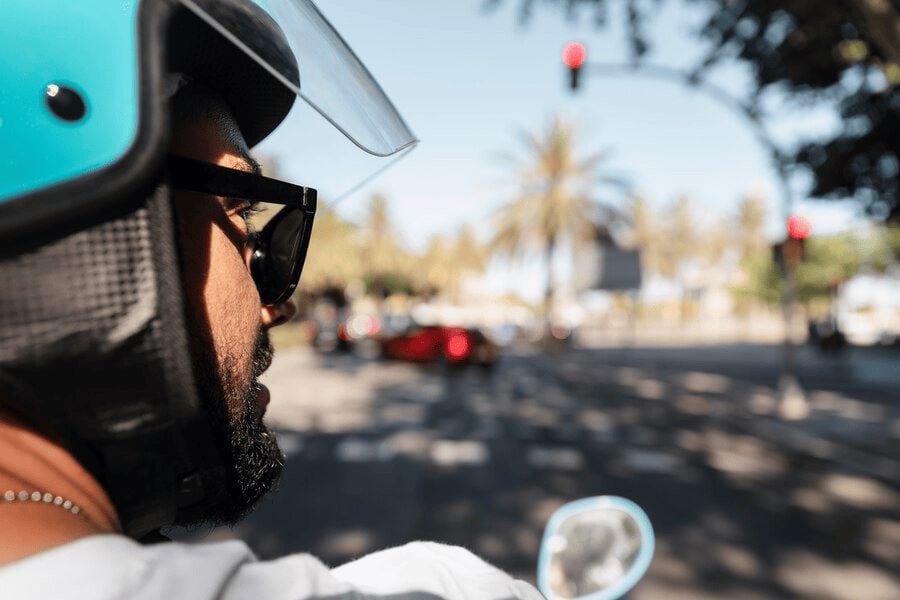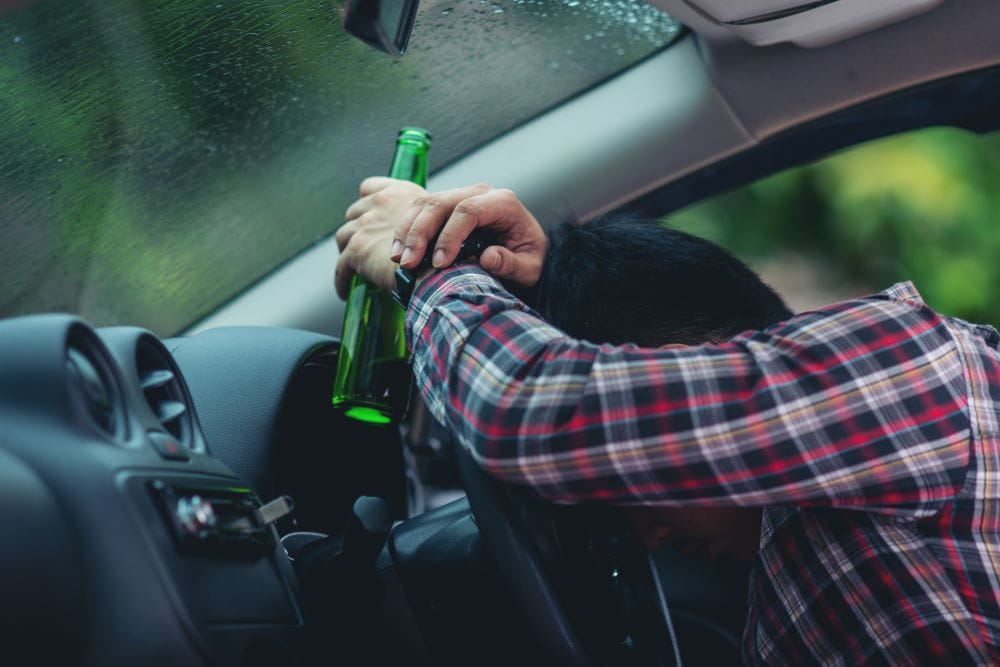
If you are a commercial driver in the Silver State and find yourself facing the daunting prospect of a DUI charge, you are likely grappling with numerous questions and concerns. One pressing inquiry may be, “Will I lose my CDL if I get a DUI?” In Nevada, the intersection of DUI laws and commercial driver’s licenses (CDLs) involves navigating a complex web of regulations, penalties, and potential consequences. This article sheds light on what happens when a CDL holder is charged with a DUI, the penalties under NRS 484C.120, and how seeking legal help can make a substantial difference in your case.
What is a commercial DUI in Nevada?
A commercial DUI in Nevada, also known as driving under the influence (DUI) for commercial drivers, involves a situation where a person with a commercial driver’s license (CDL) is arrested and charged with driving under the influence of alcohol or drugs. Nevada, like many other states, has specific laws and regulations governing DUI offenses, and these laws are stringent for individuals holding a CDL.
Understanding the Stakes: CDLs and DUI Charges
Commercial drivers are held to a higher standard when it comes to obeying traffic laws, especially those related to alcohol and substance abuse. The Federal Motor Carrier Safety Administration (FMCSA) sets forth stringent regulations to ensure the safety of our roads and highways. A DUI charge for a commercial driver, such as a truck driver, carries significant consequences that can impact both professional and personal aspects of life.
Will I Lose My CDL if I Get a DUI?
One of the primary concerns for individuals with a CDL is whether they will lose their commercial driving privileges after a DUI arrest. The short answer is yes: you are at risk of losing your commercial license if you are convicted of a DUI in Nevada.
If a commercial driver is arrested for a DUI while driving a personal vehicle and is discovered to have a blood alcohol concentration (BAC) of 0.08% or higher or is visibly impaired due to drugs or alcohol, both their standard driver’s license and commercial driver’s license (CDL) will face suspension. CDL holders are held to a higher standard due to the potential dangers associated with operating large commercial vehicles.
Penalties under NRS 484C.120: The CDL Holder’s Dilemma
Nevada Revised Statute 484C.120 outlines the penalties for driving under the influence, and CDL holders face distinct repercussions. The blood alcohol concentration (BAC) limits for commercial drivers are stricter than those for non-commercial drivers. While non-commercial drivers may face DUI charges at a BAC of 0.08%, commercial drivers can be charged with a DUI at 0.04% or higher.
If convicted of a DUI in Nevada, CDL holders may face:
License Suspension: A first offense can result in a 1-year suspension of your commercial driver’s license, while their non-commercial driver’s license may be suspended for 185 days. If you were transporting hazardous materials at the time of the DUI, the suspension period increases to 3 years.
Lifetime Disqualification: A second DUI conviction leads to a lifetime disqualification of your CDL. This means you will never be able to drive a commercial motor vehicle again.
First Offense Penalties: Apart from the license suspension, a CDL holder may also face fines from $400 to $1,000, mandatory alcohol education programs, and community service.
Second Offense Consequences: If you are convicted of a second DUI, the penalties become even more severe, including potential jail time and a greater impact on your livelihood.
Federal Trucking Regulations: The Role of FMCSA
The Federal Motor Carrier Safety Administration (FMCSA) plays a pivotal role in regulating commercial drivers across the United States, including Nevada. DUI convictions trigger specific reporting requirements for CDL holders. Not only are you obligated to notify your employer within 30 days of a DUI arrest, but the conviction must also be reported to your state’s licensing agency.
The FMCSA stipulates that a commercial driver’s license holder must be disqualified from operating a commercial vehicle for at least one year upon a first DUI conviction. If the offense involves transporting hazardous materials, the disqualification period lasts three years.
Additionally, a lifetime disqualification awaits those with a second DUI conviction. These federal regulations underscore the gravity of a DUI charge for commercial drivers, emphasizing the need for immediate legal intervention.
How an Attorney Can Help: Navigating the Legal Maze
If you’re grappling with the question, “Will I lose my commercial driving license if I get a DUI?” seeking legal representation is crucial. A skilled DUI attorney with expertise in handling cases involving commercial drivers can be your strongest advocate. Here’s how legal help can make a difference:
Case Assessment: A seasoned attorney will meticulously review the details of your case, looking for any procedural errors or violations of your rights that could lead to a case dismissal or a reduction in charges.
Legal Expertise: DUI laws are complex, and CDL holders have higher stakes. A knowledgeable attorney understands the intricacies of both state and federal regulations, ensuring the best possible defense tailored to your unique situation.
Negotiation Skills: A skilled negotiator can work with the prosecution to explore plea bargains or reduced charges that minimize the impact on your CDL and overall livelihood.
DMV Hearings: Your attorney will guide you through the administrative processes, such as DMV hearings, providing a strong defense to protect your driving privileges.
Legal Strategies: Depending on the circumstances of your case, an attorney may employ various legal strategies, such as challenging the accuracy of chemical test results or questioning the legality of the traffic stop.
Mitigation: If a conviction is inevitable, your attorney can work towards mitigating the penalties, exploring options for alternative sentencing, and seeking ways to minimize the impact on your CDL and professional life.

Contact BLG: Defend Your CDL and Protect Your Livelihood
In the face of a Nevada DUI charge, the question of whether you will lose your CDL is a pressing concern. The penalties under NRS 484C.120 and the overarching federal regulations underscore the gravity of the situation for commercial drivers. However, it’s important to remember that legal help is available.
By enlisting the assistance of an experienced DUI attorney, you are not only safeguarding your legal rights but also positioning yourself for the best possible outcome. Whether challenging the evidence, negotiating with the prosecution, or navigating the administrative processes, an attorney can be a valuable ally in protecting your CDL and preserving your livelihood. Don’t navigate the legal maze alone—seek the guidance of a skilled attorney to ensure the best defense against drunk driving charges and potential CDL consequences.
If you’re facing the daunting prospect of a DUI charge with a commercial driver’s license at stake, don’t navigate the legal complexities alone. At BLG Law Firm, our experienced DUI attorneys specialize in cases involving CDL holders, offering strategic defense to minimize the impact on your livelihood.
Contact us today for a free consultation.
FAQs
How long do you lose your CDL license for a DUI?
The duration of a CDL suspension for a DUI can vary depending on the jurisdiction and whether it’s a first offense or a repeat offense. Penalties often include a suspension ranging from several months to several years, and in some cases, a lifetime suspension may be possible for multiple offenses.
Can alcohol affect your CDL?
Yes, alcohol can significantly affect your CDL. Commercial drivers are held to stricter standards regarding alcohol consumption. Driving a commercial vehicle with a blood alcohol concentration (BAC) above the legal limit can result in severe consequences, including suspension or revocation of the CDL.
How long after a DWI can you get a CDL?
The waiting period to obtain a CDL after a DWI (Driving While Intoxicated) or DUI conviction can vary by jurisdiction. In many cases, individuals may need to complete their sentence, including any required probation or treatment programs, before being eligible to apply for or reinstate a CDL.
What is the alcohol limit for a CDL driver?
The alcohol limit for commercial drivers, such as truck drivers, is typically lower than for non-commercial drivers. In the United States, as of my knowledge cutoff in January 2022, the legal limit for blood alcohol concentration (BAC) for CDL holders is generally 0.04%. Exceeding this limit while operating a commercial vehicle can have serious legal consequences.





